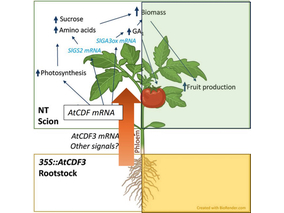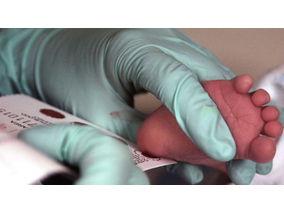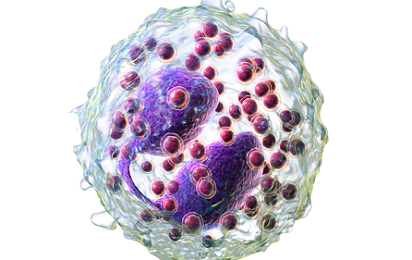The design and testing of drugs potentially useful in the treatment of Alzheimer's disease require models that reproduce the etiopathogenic factors responsible for the disease. The research group “Neuropharmacology: Preventing Ageing,” led by Dr. Antoni Camins, has developed and characterized murine models useful for studying the early stages of Alzheimer's disease. The double transgenic APP / PS1 murine model reproduces the early-onset fast-progressing familial form of the disease, which affects less than 5% of patients.
Moreover, researchers have developed a model based on the exposure of animals to a fat diet that reproduces the characteristics of the late-onset sporadic form of the disease, which does not present hereditary traits (95% of patients). The group has technological tools for validating new drug formulations, such as encapsulation, which allows the validation of the potential usefulness of new treatments for Alzheimer's disease.

The research team observed changes in head circumf...

AtCDF3 gene induced greater production of sugars a...

Un estudio con datos de los últimos 35 años, ind...

En nuestro post hablamos sobre este interesante tipo de célula del...

Research led by IIBB-CSIC and CIBEREHD scientists identifies S-adenosy...
Biotechnology portal in Spain
Subscribe to our newsletter and stay up to date with the latest news and deals!
2013 © Biotech-Spain.com - Site Developments SL. All Rights Reserved. Terms of Service | Privacy Policy
Articles
Directory
